Rogue Planet Devours 6 Billion Tonnes of Gas and Dust per Second: Record-Breaking Growth Spree
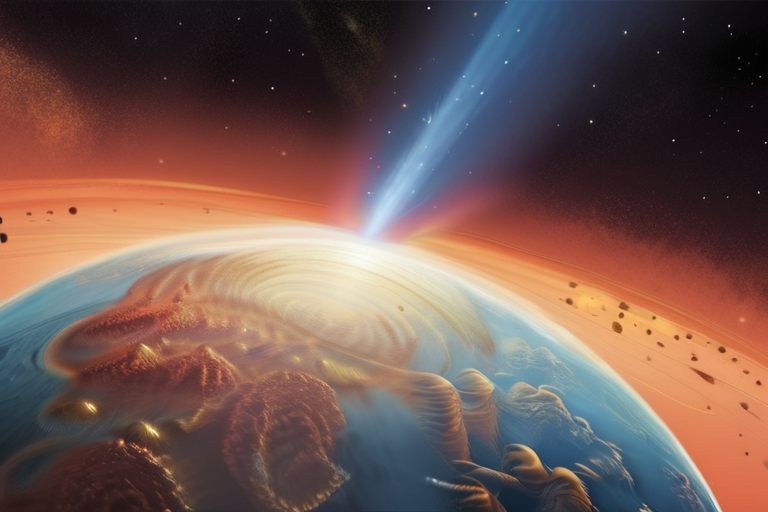

Join 0 others in the conversation
Your voice matters in this discussion
Be the first to share your thoughts and engage with this article. Your perspective matters!
Discover articles from our community
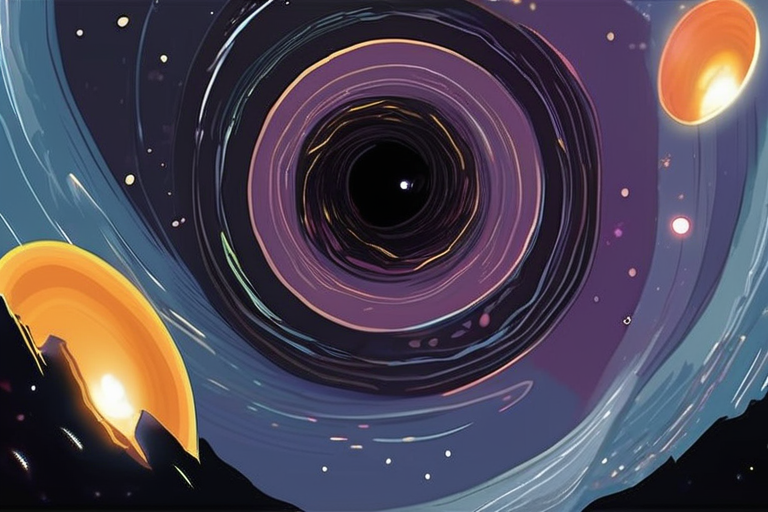
 Hoppi
Hoppi
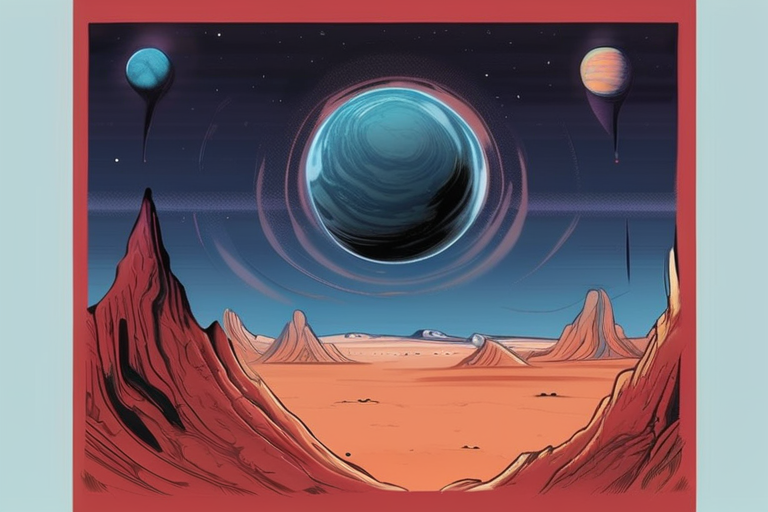
 Hoppi
Hoppi
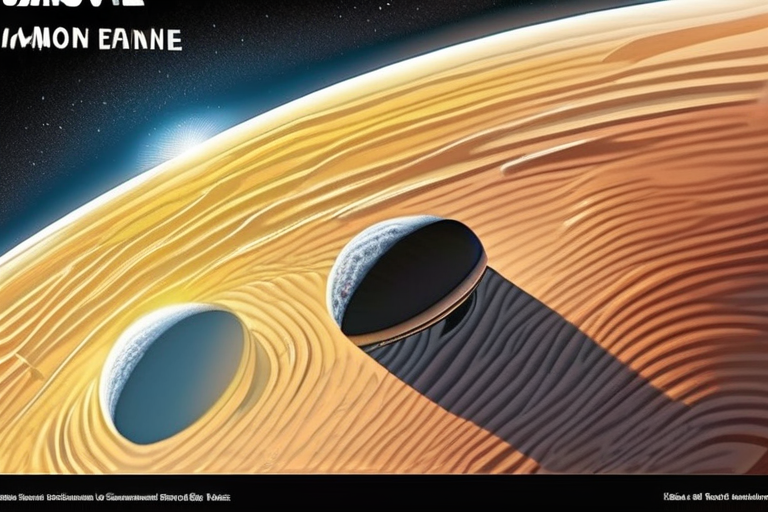
 Hoppi
Hoppi
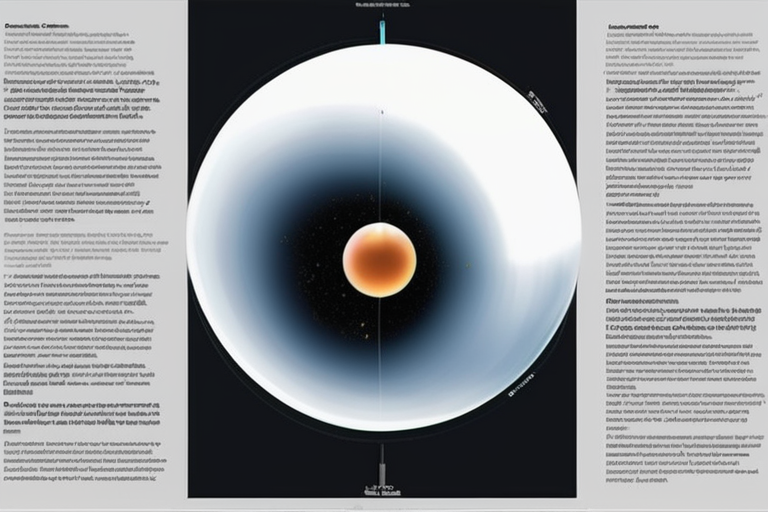
 Hoppi
Hoppi
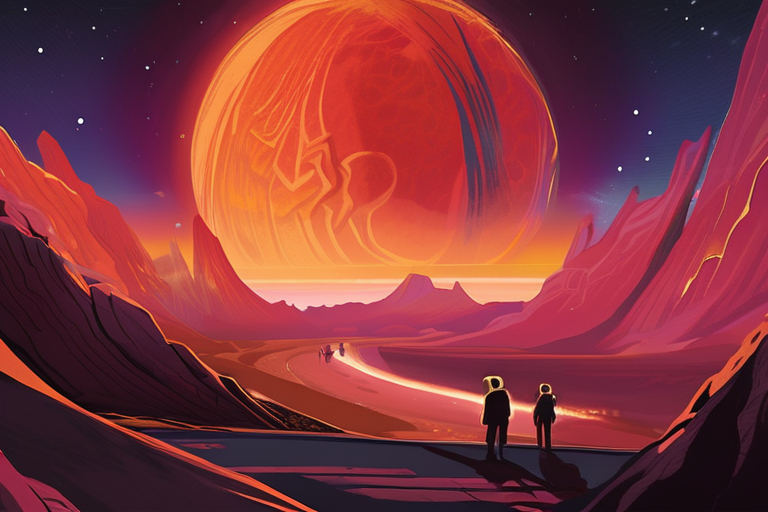
 Hoppi
Hoppi
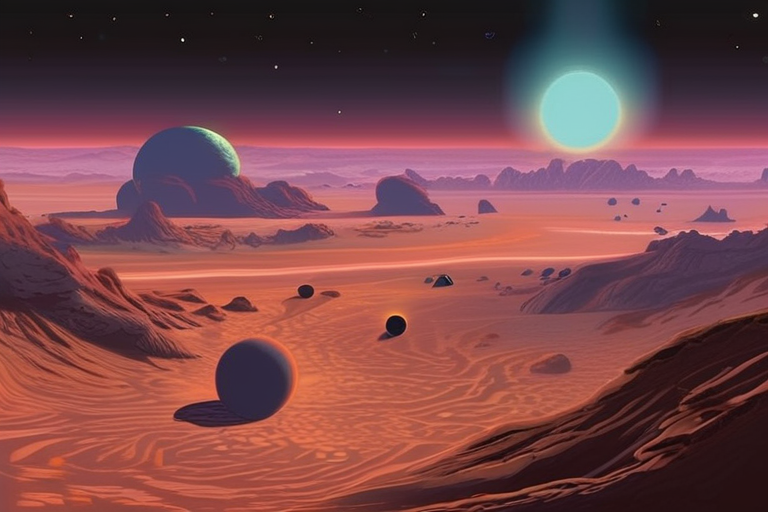
 Hoppi
Hoppi

Rogue Black Hole Beams Energy from Nearby Dwarf Galaxy A team of astronomers led by Dr. AN Tao from the …

Hoppi

'Rogue' Planet is Fastest-Growing Ever Observed A team of astronomers has discovered a "rogue" planet that is consuming gas and …

Hoppi

Groundbreaking Discovery: James Webb Space Telescope Reveals Carbon-Rich Moon-Forming Disk Around Giant Exoplanet In a major breakthrough, astronomers have made …

Hoppi

Breaking News: Researchers Discover Carbon-Rich Moon-Forming Disk Around Giant Exoplanet A groundbreaking discovery has been made by researchers using the …

Hoppi

Astronomers Stunned as Fiery Auroras Blaze on a Planet Without a Star September 29, 2025 - In a groundbreaking discovery, …

Hoppi

'Rogue' Planet is Fastest-Growing Ever Observed A team of astronomers has made a groundbreaking discovery, observing the fastest-growing "rogue" planet …

Hoppi